John Suzuki, author of “American Grit,” joins coach Myrna to discuss the inspiring journey from victimhood to heroism in America’s concentration camps during World War II. Suzuki delves into powerful themes of racial identity, resilience, and the importance of choices in transforming lives. Highlighting stories of Japanese American men who volunteered for the US Army despite their imprisonment, Suzuki emphasizes the profound impact of mindset and empowerment. Gain insights into the enduring legacy of courage, love, and perseverance against adversity. Listen to uncover how mindset shifts can drive monumental change.
Download the podcast here:
Key Takeaways
Empowerment through Choices: Understanding that life is shaped by the choices we make, transforming victimhood into a journey of self-empowerment.
Historical Lessons: Reflecting on the resilience and bravery of Japanese Americans in WWII concentration camps and the relevance of these lessons in today’s society.
Mindset Transformations: Exploring the power of the human mind in overcoming adversity and the potential to make a significant impact through conscious decisions.
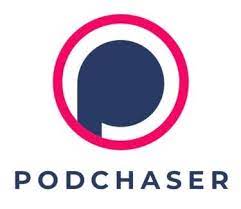
The Power of Choice: From Victimhood to Empowerment
John Suzuki discusses his book “American Grit” and dives deep into the pivotal concept of choice. At its core, he emphasizes how choices shape our lives:
“I am a big Advocate that our life that we the product of our of our life today is a product of the choices that we’ve made in our lives.”
Suzuki outlines an environment of extreme prejudice and hardship, detailing how Japanese Americans, forcibly placed in U.S. concentration camps during WWII, faced monumental challenges. Despite being unjustly imprisoned solely based on race, many chose not to succumb to victimhood. For instance, numerous Japanese American men volunteered to fight for the U.S. Army, demonstrating an extraordinary act of bravery:
“They went on to fight for the United States and Europe and they joined the 442nd regimental combat team…which became the most decorated War unit in the history of the United States for size and duration.”
This vibrant testament reflects the essence of transforming one’s circumstances through deliberate and courageous choices. Individuals who reframed their narratives from powerless victims to empowered participants made significant historical and personal impacts, illustrating the profound strength of the human spirit when driven by choice.
Historical Reflections: Victimhood to Heroism
Understanding historical events, such as the internment of Japanese Americans during WWII, is more crucial than ever. John not only sheds light on these dark times but also presents a warning to contemporary society:
“I believe that it will happen again… this is another reason why I want to get this out.” It happened to the Muslims after 9/11
Highlighting the fear-driven decisions and racism that led to the internment camps, Suzuki draws a parallel to modern-day events, considering the post-9/11 period and the COVID-19 pandemic when similar xenophobic sentiments emerged:
“After 911, there were calls to round up Muslims and put them into camps…during covid people were talking about rounding up Chinese.”
Suzuki’s insights imply that by learning from past mistakes, society can take proactive steps to prevent history from repeating itself. Such awareness encourages a collective effort to combat bigotry, fostering a more inclusive and empathetic society.

Mindset as a Catalyst for Change
Suzuki repeatedly underscores the transformative power of mindset in overcoming adversity. He describes the resilience of individuals in the concentration camps, particularly through the story of Louise Kashino, who found ways to build a better life despite her circumstances:
“She made that decision that she was not going to be a victim and that she was going…and that choice opened up opportunities.”
This narrative highlights a fundamental principle: mindset shapes reality. Transforming adverse situations into opportunities for growth and success begins with changing one’s mental outlook. For Suzuki and many others, this shift in perspective was not just an internal process but had real-world consequences, enabling them to make impactful contributions to their communities and the broader society.
Furthermore, the discussion brings a universal message about self-empowerment and the importance of proactive thinking:
“There is no such thing as failure…it’s just a stepping stone to success.”
By embracing failure as a part of the journey, individuals can transcend limitations imposed by their environments or external conditions. This mindset not only fosters personal growth but also encourages others to pursue their passions and make positive changes in the world.
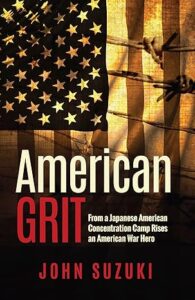
American Grit: Inspiring New Generations
John Suzuki’s exploration of resilience, victimhood and heroism in “American Grit” serves as a vital reminder of the enduring strength of the human spirit. The narrative unravels how ordinary people faced extraordinary challenges and emerged as heroes through the power of choice, reflecting timeless lessons of courage, determination, and love.
“It’s choices, and don’t look at choices as a bad thing… think of choices as being the most empowering thing you can have in your life.”
These insights reinforce the idea that, regardless of circumstances, individuals possess the agency to change their lives and, by extension, the society around them. As Suzuki’s conversation with Myrna highlights, making conscious choices towards positivity and growth can lead to substantial, meaningful impacts, resonating across generations.
The lessons from WWII concentration camps and the transforming power of the human mind are significant not just historically but also in contemporary contexts. They highlight the need for vigilance against injustice and the continuous endeavor to foster a society built on empathy, resilience, and empowered choices.
Through understanding and embracing these lessons, we can all contribute to making the world a better place – one informed choice at a time.
Additional Resources
https://podcasts.apple.com/us/podcast/finding-better-podcast/id1724785614

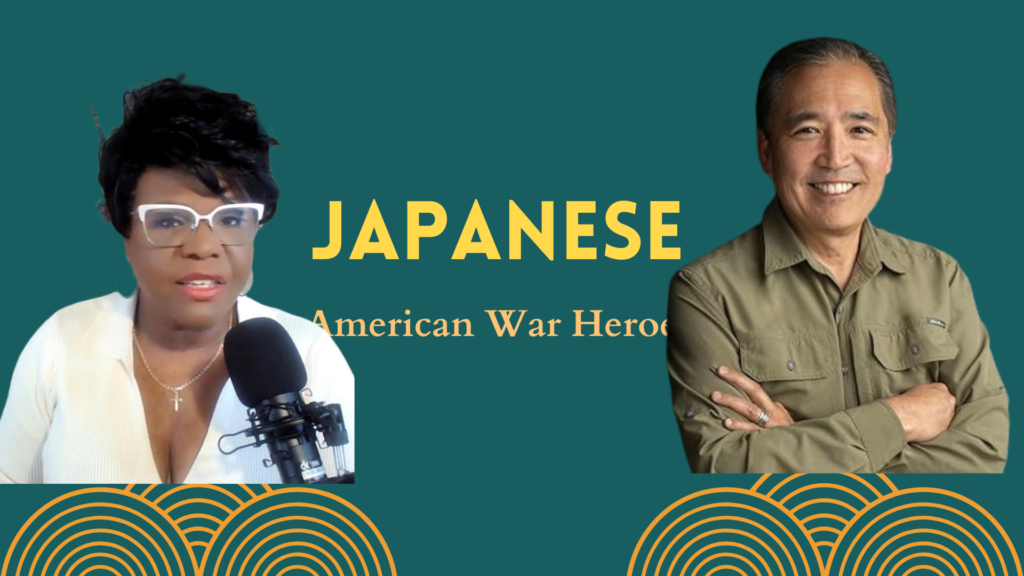
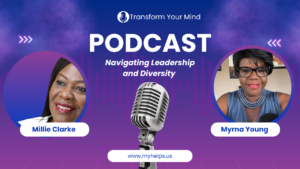

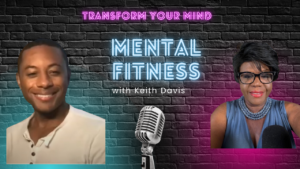



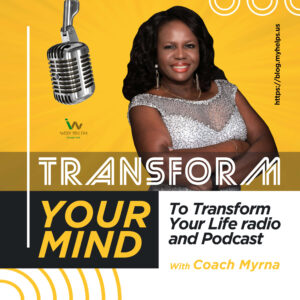
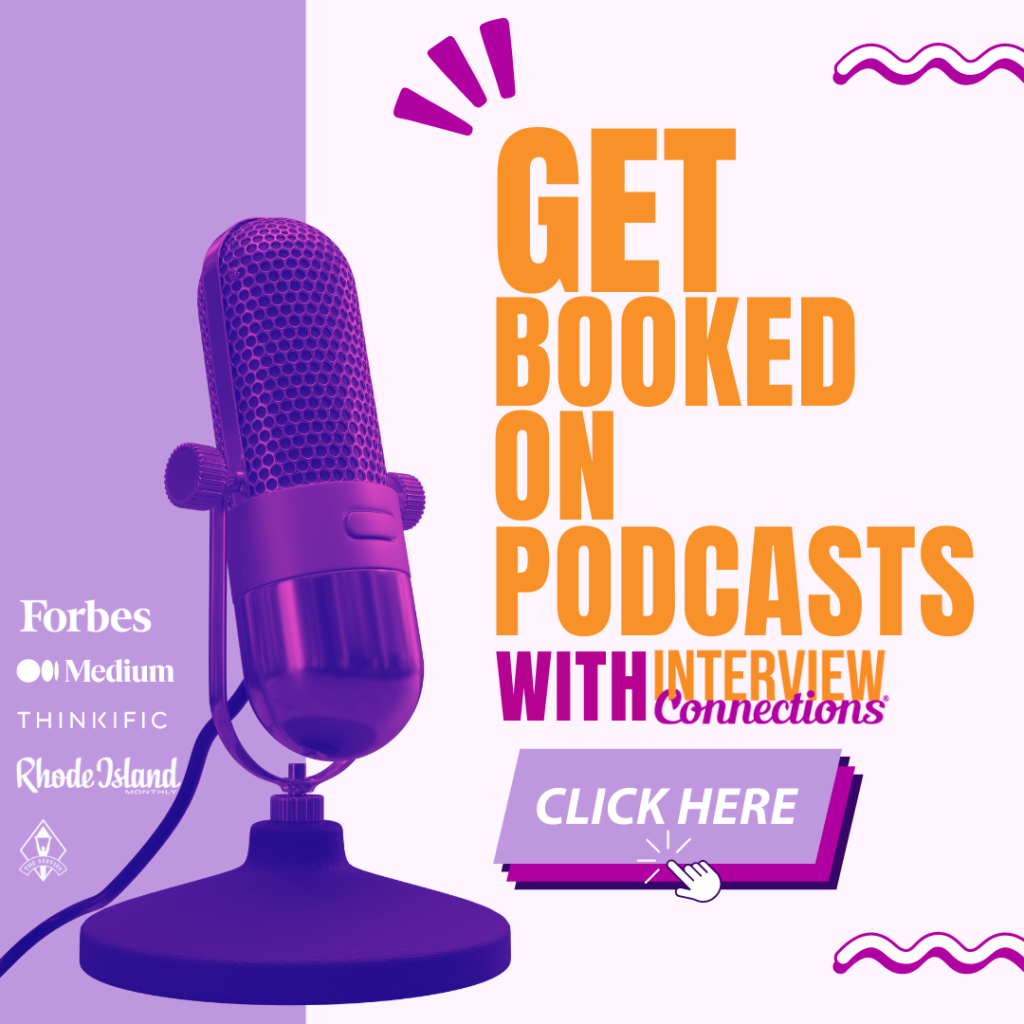
One Response